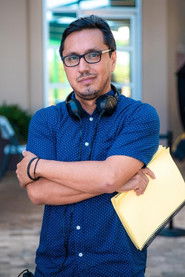
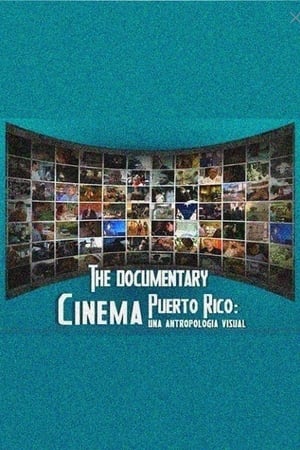
Cinema Puerto Rico: una antropología visual(2014)
A look at Puerto Rico and its cinema through films, documentaries, and commercials from the early twentieth century to the emerging cinema of today. Visual and narrative strategies portray fragments of Puerto Rico's general history and, in turn, answers the questions of who, when, and for whom have films been made in Puerto Rico and the resources that are available to do it.
Movie: Cinema Puerto Rico: una antropología visual
Top 10 Billed Cast
Herself
Herself
Himself
Herself
Narrator
Himself
Video Trailer Cinema Puerto Rico: una antropología visual
Similar Movies
 0.0
0.0El apagón: Aquí vive gente(es)
“El Apagón: Aquí Vive Gente” is a documentary directed by Bad Bunny and Blanca Graulau. This 23-minute film explores the socio-economic challenges in Puerto Rico, focusing on the effects of power outages and gentrification driven by the real estate and energy sectors. Through visuals and personal stories, the documentary highlights the experiences of Puerto Rican communities facing these issues.
La operación(es)
Documentary on the mass sterilization of Puerto Rican women during the 1950s and '60s.
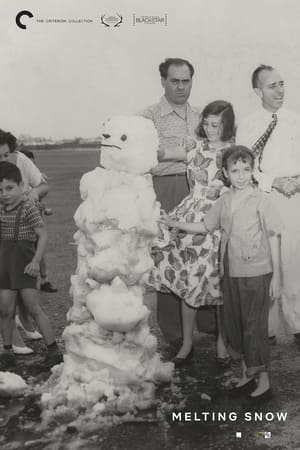 0.0
0.0Melting Snow(en)
Two tons of snow—flown from New Hampshire to Puerto Rico in 1952 in order to “gift” Puerto Ricans a “white Christmas”—become a metaphor for the colonialist paternalism of America’s relationship to Puerto Rico.
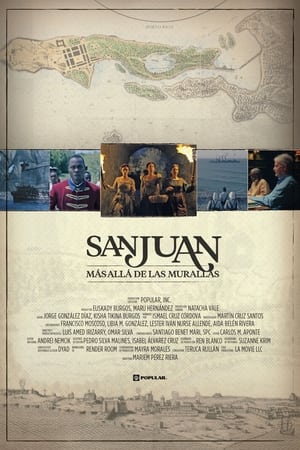 6.0
6.0San Juan, más allá de las murallas(es)
Explore the 500-year history of the city of San Juan, from the move from Caparra to the different invasions during these centuries. It also looks at how different situations and people were key to what is now the capital of Puerto Rico. This documentary presents, through the recreation of key situations, archival material, and accounts of historians and researchers, decisive moments that influenced what is now the capital.
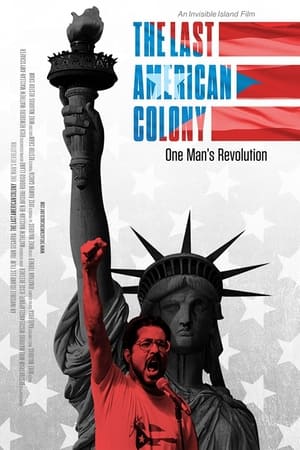 0.0
0.0The Last American Colony(en)
Puerto Rico, the last relic of colonization in the western hemisphere, has been a dependent territory of the USA since 1917. Los Macheteros and one of its leaders Juan Segarra have been fighting for its full independence for many decades.
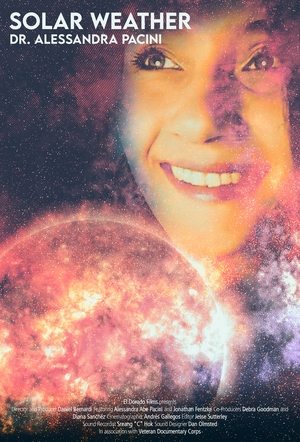 0.0
0.0Solar Weather: Dr. Alessandra Pacini(en)
Alessandra Pacini, solar physicist and mother of two, has dedicated her life to researching our sun and its relation to the rest of our solar system. Traveling across the globe with her family, from Finland to Puerto Rico, Alessandra is on a mission to discover the great mysteries of our solar system.
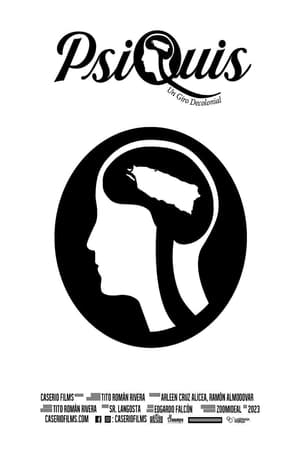 10.0
10.0PsiQuis: Un Giro Decolonial(es)
PsiQuis: Un Giro Decolonial is a documentary that presents and discusses the psychological impact that colonialism has had on the Puerto Rican people. The director analyzes the traumas generated in Puerto Rican society by that colonial experience.
 0.0
0.0Landfall(es)
Hurricane María abated, the news crews packed up and left Puerto Rico, and the interest of the international community turned elsewhere. What happened next?
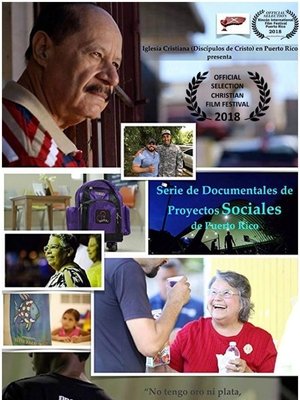 0.0
0.0Benedictus(es)
Benedicto, is a retired police officer who has dedicated more than 30 years of his life, helping young drug addicts and homeless people in the rural town of Corozal, Puerto Rico. His story takes place day by day in a little humble house in the death road of the municipal cemetery of Corozal, a rural municipality of Puerto Rico with a high population of young homeless people, alcoholism and drug addicts. The door of Benedictus little house on the death road to the cemetery is the deviation between life and death for these young people in need.
One-Way Ticket(es)
Documentary about how the arrival of the railway industry impacted Puerto Rican culture economically, socially, and humanistically during the first half of the 20th century. It includes photos by Jack Delano, among others, and scenarios to reconstruct the experience of what could have been the last trip made by train from San Juan to Ponce in 1953.
Julia, toda en mí(es)
A poetic journey about the life and work of Puerto Rican poet Julia de Burgos.
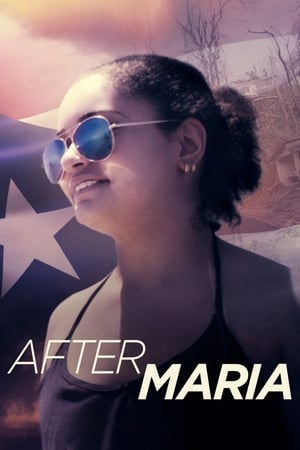 5.5
5.5After Maria(es)
Strong Puerto Rican women forced to flee the island after Hurricane Maria have bonded like family in a FEMA hotel in the Bronx. They seek stability in their new life as forces try to pull them apart.
Antonio Paoli: Rey de Tenores y Tenor de Reyes(es)
The life and career of Puerto Rican tenor Antonio Paoli, also known as The King of Tenors and The Tenor of Kings.
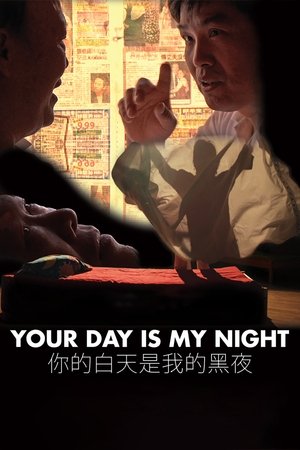 5.5
5.5Your Day Is My Night(zh)
Immigrant residents of a “shift-bed” apartment in the heart of New York City’s Chinatown share their stories of personal and political upheaval. As the bed transforms into a stage, the film reveals the collective history of the Chinese in the United States through conversations, autobiographical monologues, and theatrical movement pieces. Shot in the kitchens, bedrooms, wedding halls, cafés, and mahjong parlors of Chinatown, this provocative hybrid documentary addresses issues of privacy, intimacy, and urban life.
 0.0
0.0Ellas: Mujeres en la música(es)
A musical look at the invaluable contribution made by women to Puerto Rican music.
Las carpetas(es)
How fair is it for the government to control its citizens? Four Puerto Ricans confront their past when they open their “files”, the records obtained of the illegal surveillance and persecution that the Puerto Rican government held against citizens and organizations that disagreed with the establishment. Through their daily life, they will tell us their stories, experiences and intimate feelings of the persecution they suffered. Taking their past as an example, we will confront the present.
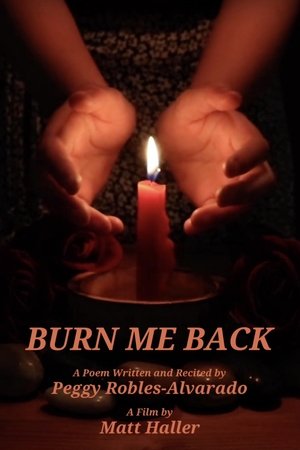 0.0
0.0Burn Me Back(en)
Peggy Robles-Alvarado is a Jerome Hill Foundation Fellow in Literature, a Latinx Playwrights Circle Fellow, and a three-time International Latino Book Award winner who authored Conversations With My Skin, and Homage To The Warrior Women. In this film by New York-based filmmaker Matt Haller, she recounts the grief and pain of losing her father, interwoven with her Puerto Rican heritage.
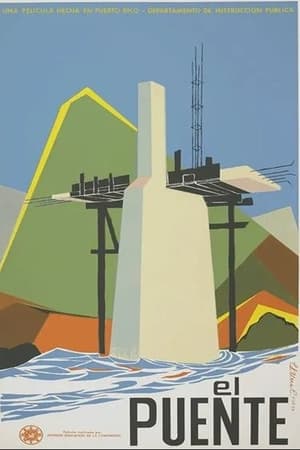 5.0
5.0El puente(es)
The efforts of a community to build a bridge which would allow their children to go school during the rainy season.
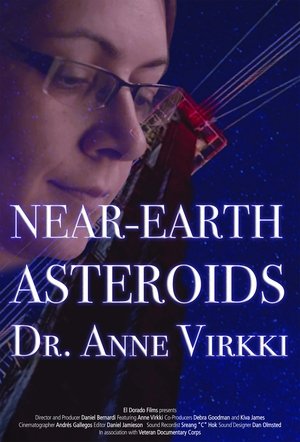 0.0
0.0Near Earth Asteroids: Dr. Anne Virkki(en)
At Arecibo Observatory in Puerto Rico, “Near Earth Asteroids: Dr. Anne Virkki” tells the story of Research Scientist Anne Virkki and her ongoing studies on asteroids and their threat to humanity. Originally from Finland, Anne Virkki shares her experience in education as well as her studies on asteroids, including her work hunting and tracking asteroids headed for Earth.


